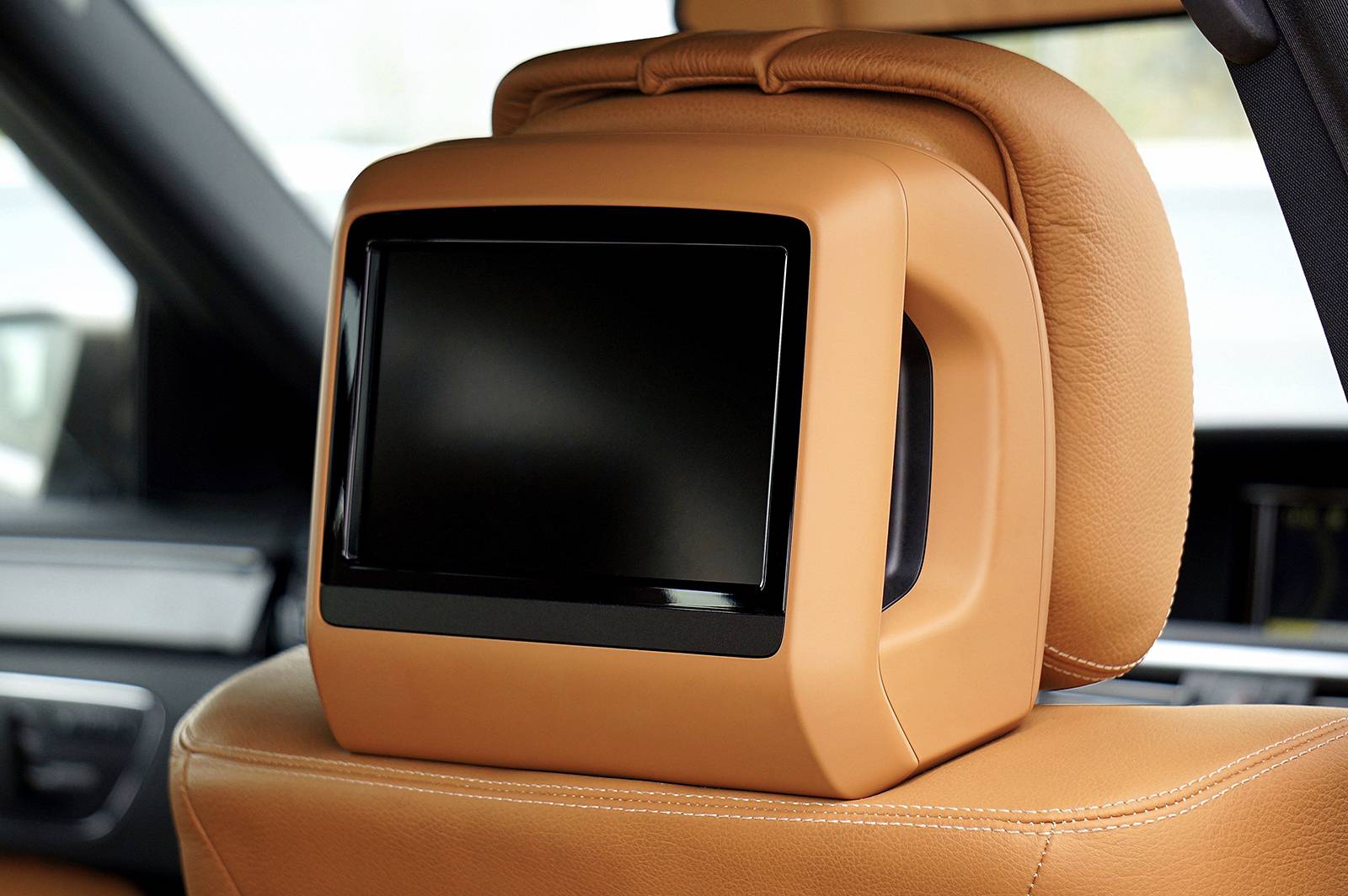
Gen Z vs. Millennials is an emerging workplace battle especially if businesses assume that the two generations are the same.
“Generation Z” are generally people born between 1995 and 2012. This means they’re only just starting to enter a multigenerational workforce unlike Millennials, who have been integrated for many years already.
There are indeed similarities between the two given their close succession. But as this younger generation makes their own impact on corporate culture, company policies need to adjust and facilitate the new values and perspectives that Gen Z brings to the corporate world.
Comparing Gen Z vs. Millennials
“Me” versus “Us”
One of the key Gen Z vs. Millennials battles is between broader inclusion and self-prioritisation. While Millennials may have a reputation for being more of a “me” generation, Gen Z has moved to be more inclusive—especially in the workplace.
Deloitte says “inclusion and diversity are critical factors” that this generation considers when choosing to accept a new job. McKinsey calls Gen Z “radically inclusive”.
A diverse and integrated workplace is far more likely to attract Gen Z workers than a homogenous one. The same goes for one that acknowledges this value in corporate policies and office perks. Millennials might favour personal rewards; Gen Z may be satisfied with those that take the form of broader, more charitable angles.
Social justice, sustainability and ethical business practices
As a follow-on from their inclusivity preference, many people from Gen Z also value social justice, sustainability and ethical business practices over more materialistic offerings.
This means that Gen Z won’t base an opinion of an organisation on products or services alone. Instead, ethics, social impact and broader societal practices play an important role.
For this reason, companies should consider offering greener travel options, embrace video conferencing and allow remote work opportunities. These practices can be key to attracting and retaining Gen Z employees.
Enhanced tech-savviness
People from Gen Z are often called “true digital natives”. They have been exposed to the internet, social media and a mobile phone-centric society almost from birth. Unlike Millennials, who can remember a time before smartphones, many Gen Zs grew up with them as an integrated part of their lives.
This is an oft-cited point in the Gen Z vs. Millennials debate. Millennials may be well-versed in all technologies, but Gen Zs have an almost integrated understanding of how to use them. They combine this with broad knowledge to leverage maximum advantage in the workplace. As McKinsey says, they can rapidly collect information from multiple online sources and use this to influence others.
This highlights the increasing importance of bringing technology into company policies. For a generation that’s constantly connected to their phones, app-based solutions such as Uber for Business could be considered for work-related transport and meal deliveries. It’s about combining solutions for the workplace with tech its users are already familiar with.
Gen Z vs. Millennials: a summary
Gen Z is quick to push for more inclusivity and social awareness. And although it seems like Gen Zedders just want to go viral on the next big app, they’re not to be underestimated. Their tech-savviness and focus on inclusivity and ethical business practices make them an intriguing and valuable element in many workforces.




Dr. Geovanny Corkery
Deleniti qui saepe omnis qui ut. Aut dolores aut sed rerum voluptas. Aut est quam facilis voluptatem est. Sed ipsam distinctio alias aut consequatur.
Dolore sit molestiae maiores mollitia. Ex pariatur veritatis molestiae. Quia inventore quis magnam voluptatum occaecati eveniet laboriosam.